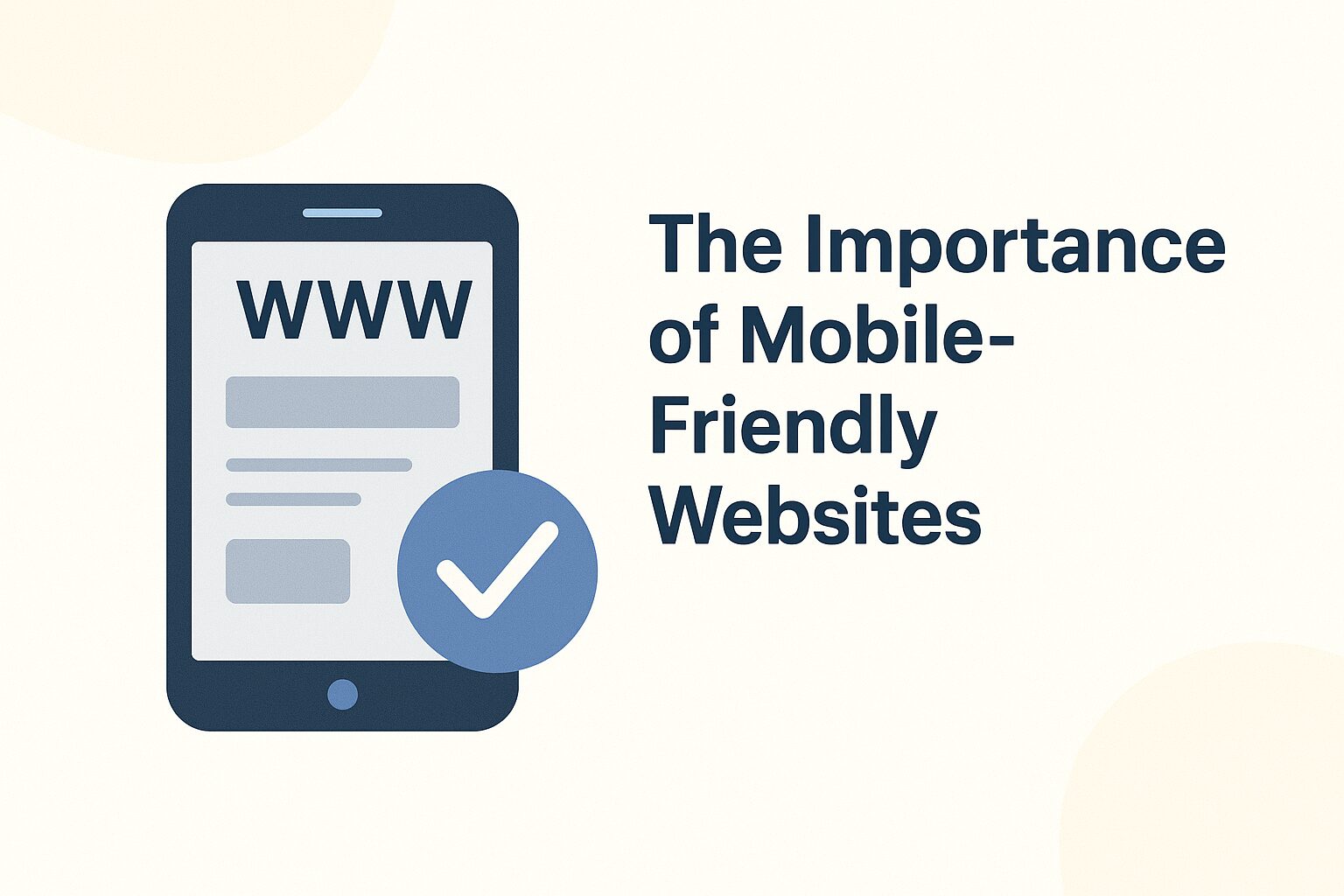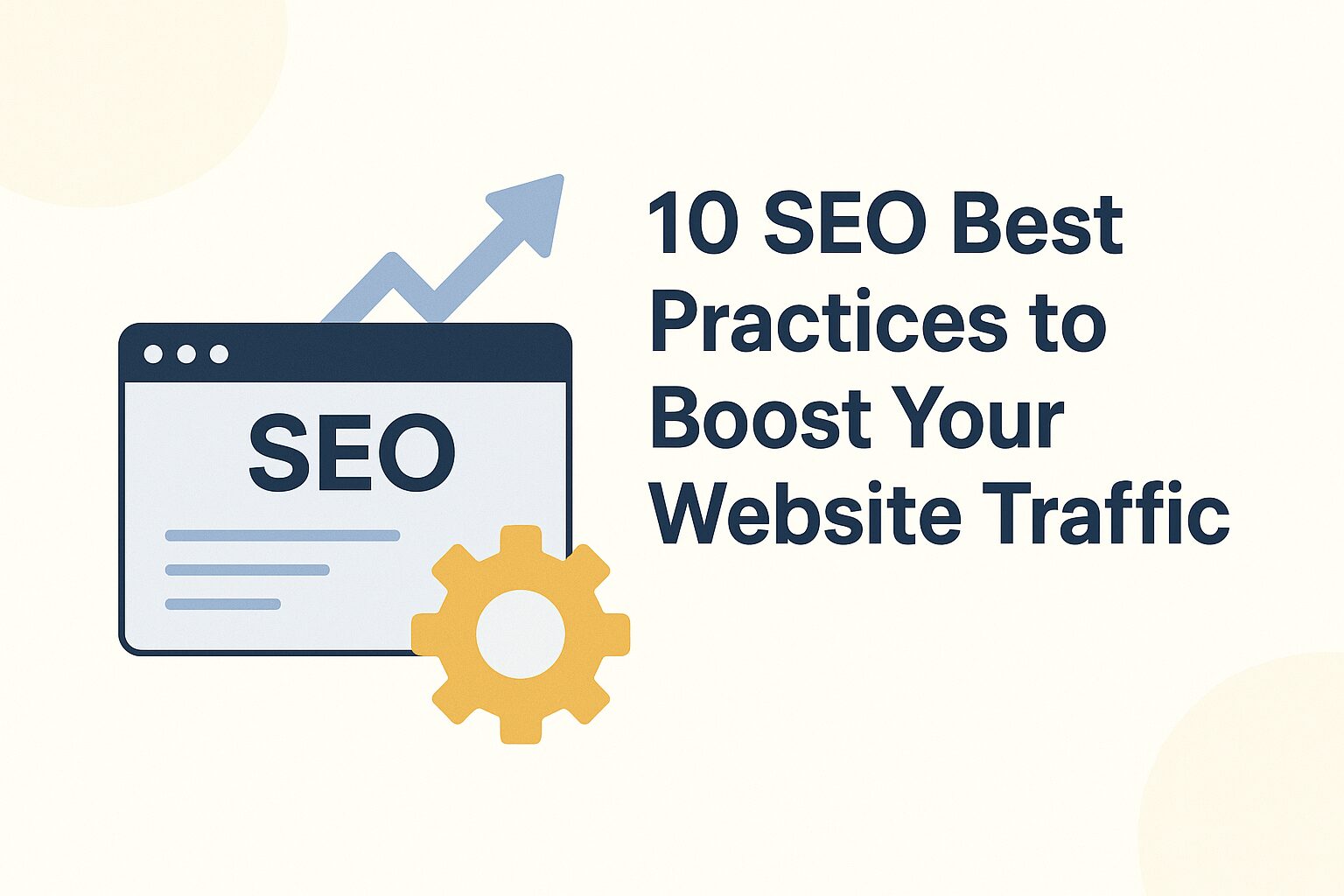Search Engine Optimization (SEO) is one of the fastest-changing areas of digital marketing. What worked a few years ago doesn’t guarantee results today and in 2025, the landscape is evolving faster than ever.
Businesses that stay ahead of SEO trends gain a competitive advantage, while those who ignore changes risk losing visibility, traffic, and revenue. The future of SEO is not about gaming the system but about understanding user behavior, leveraging new technology, and creating content that truly serves people’s needs.
In this ultimate guide, we’ll explore the biggest SEO trends shaping 2025, why they matter, and how you can adjust your strategy to rank higher on Google and AI-powered search engines.
1. The Rise of AI and Search Engines
Artificial Intelligence (AI) is transforming the way search engines like Google, Bing, and even ChatGPT Search deliver results. Algorithms such as RankBrain, BERT, and MUM are now able to understand search intent, context, and natural language better than ever.
This means:
- Keyword stuffing is no longer effective.
- Content must be conversational, valuable, and user-focused.
- Search engines analyze meaning, not just exact keywords.
What to Do in 2025:
- Write in a natural tone, as if you’re explaining something to a friend.
- Use semantic keywords (related phrases and synonyms) instead of repeating the same keyword.
- Focus on answering real questions and solving problems, not just ranking.
Example: Instead of targeting only “SEO trends 2025,” also include related terms like “future of SEO,” “AI in search engines,” or “Google ranking changes.”
2. Voice Search Optimization
With smart devices like Alexa, Google Assistant, and Siri, voice search is exploding. In 2025, billions of searches will be conducted hands-free, using natural, conversational language.
Voice search queries are different:
- They’re longer and more conversational.
- They often start with who, what, where, when, how.
- They’re strongly linked to local intent (“best coffee shop near me”).
How to Optimize for Voice Search:
- Target long-tail and question-based keywords.
- Create an FAQ section on your website (just like this article).
- Use conversational writing instead of robotic keyword stuffing.
- Optimize for local searches, since many voice queries are location-based.
Example: A dentist could target “What’s the best dentist near me that accepts insurance?” instead of just “dentist New York.”
3. E-E-A-T: Experience, Expertise, Authoritativeness, Trustworthiness
Google uses E-E-A-T to evaluate content quality. This means your website must demonstrate:
- Experience → First-hand knowledge or real-life examples.
- Expertise → Deep subject knowledge and insights.
- Authoritativeness → Recognition from other credible sources (backlinks, mentions).
- Trustworthiness → Security (HTTPS), transparency, accurate information.
How to Build E-E-A-T in 2025:
- Include author bios that highlight credentials and experience.
- Cite reputable sources and include data-driven insights.
- Collect and display customer reviews and testimonials.
- Secure your site with HTTPS and clear privacy policies.
Pro Tip: Adding real-world examples, case studies, or personal experience makes your content more authentic and SEO-friendly.
4. Video SEO
Video is dominating digital marketing. YouTube is the second-largest search engine, and TikTok is becoming a discovery platform where people search for advice, reviews, and tutorials.
How to Optimize Video Content:
- Use keyword-rich titles and descriptions.
- Add transcripts and captions to help search engines understand the content.
- Embed videos in blog posts to improve time on page.
- Create short-form videos for TikTok, Instagram Reels, and YouTube Shorts.
Pro Tip: A blog post with a video is more likely to rank higher than a text-only post because it keeps users engaged longer.
5. Mobile-First Indexing
Google now uses the mobile version of your site as the primary source for indexing and ranking. If your website isn’t mobile-friendly, your SEO will suffer.
Mobile SEO Checklist for 2025:
- Use a responsive design that adapts to all devices.
- Optimize font sizes for readability on small screens.
- Ensure clickable elements (buttons, links) are finger-friendly.
- Avoid intrusive pop-ups that hurt the mobile experience.
Stat to Remember: Over 65% of Google searches in 2025 are happening on mobile devices.
6. Core Web Vitals
Google measures user experience through Core Web Vitals, which focus on:
- Loading speed (Largest Contentful Paint).
- Interactivity (First Input Delay).
- Visual stability (Cumulative Layout Shift).
These technical factors directly impact rankings.
How to Improve Core Web Vitals:
- Compress images for faster loading.
- Use a reliable hosting provider.
- Reduce unnecessary JavaScript.
- Implement lazy loading for videos and images.
Pro Tip: Use Google’s PageSpeed Insights and Lighthouse to test and optimize Core Web Vitals.
7. Local SEO Dominance
“Near me” searches are skyrocketing, especially with voice assistants. For local businesses, Local SEO is more important than ever.
How to Win in Local SEO:
- Claim and optimize your Google Business Profile.
- Use local keywords like “plumber in Chicago” or “best Italian restaurant in London.”
- Encourage satisfied customers to leave positive reviews.
- Add high-quality photos and updates to your profile.
- Get listed in local directories (Yelp, TripAdvisor, industry sites).
Example: A coffee shop in Los Angeles can rank for “best latte near me” by optimizing its Google Business Profile and collecting reviews.
8. Zero-Click Searches
Many searches now end without users clicking any website because Google shows:
- Featured snippets (answer boxes).
- Knowledge panels.
- People Also Ask sections.
This is called a zero-click search.
How to Optimize for Zero-Click Results:
- Use structured data (schema markup).
- Write clear, concise answers to common questions.
- Use bullet points, numbered lists, and definitions.
- Target FAQ-style queries.
Pro Tip: Even if users don’t click, appearing in a featured snippet increases brand visibility and trust.
9. AI-Powered Tools for SEO
SEO professionals are now using AI to stay ahead. Tools powered by AI help with:
- Keyword research → Finding hidden opportunities.
- Content generation → Drafting outlines and ideas.
- Competitor analysis → Spotting gaps in the market.
- Automation → Handling repetitive tasks like reports.
Recommended AI Tools in 2025:
- SurferSEO → Content optimization.
- Jasper / Copy.ai → AI-assisted content writing.
- SEMRush & Ahrefs → AI-powered competitor analysis.
- ChatGPT Search → Conversational keyword discovery.
Pro Tip: Don’t rely 100% on AI. Use it to enhance, not replace, human creativity and expertise.
10. Sustainable SEO: The Long-Term Game
SEO in 2025 isn’t about quick hacks. The winners will be those who focus on long-term strategies, such as:
- Building strong brand authority.
- Publishing high-quality, evergreen content.
- Earning genuine backlinks.
- Prioritizing user experience over algorithms.
Pro Tip: Think of SEO as a marathon, not a sprint. Consistency beats shortcuts.
Final Thoughts
The future of SEO in 2025 is exciting but competitive. Search engines are getting smarter, AI is reshaping how we search, and user expectations are higher than ever.
To succeed, businesses need to:
- Embrace AI and voice search.
- Focus on E-E-A-T and trustworthy content.
- Prioritize mobile-first design and Core Web Vitals.
- Optimize for local searches and zero-click results.
- Invest in sustainable, long-term SEO strategies.
Remember: SEO in 2025 is not about chasing algorithms it’s about creating the best possible experience for your audience. If you consistently deliver value, visibility and rankings will follow.
Frequently Asked Questions About the Future of SEO
1. Is SEO still important in 2025?
Yes! SEO is more important than ever. With billions of daily searches, ranking high on Google and AI-powered search engines remains a key way to attract traffic and grow your business.
2. How is AI changing SEO?
AI helps search engines better understand user intent and natural language. For businesses, this means creating content that is conversational, helpful, and focused on answering real questions.
3. Will voice search replace traditional search?
Not entirely, but voice search is growing fast. By 2025, millions of queries are voice-based, especially for local searches. Optimizing for conversational, question-style keywords is essential.
4. What is the most important SEO ranking factor in 2025?
There isn’t one single factor, but content quality, mobile optimization, Core Web Vitals, and E-E-A-T are among the most important.
5. How can small businesses compete with big brands in SEO
Small businesses can win by focusing on local SEO, niche keywords, and building trust with their communities. While big brands compete for broad terms, small businesses can dominate specific, targeted searches.
6. How often should I update my SEO strategy?
At least once every 6–12 months. Search algorithms change constantly, so regular updates help maintain rankings.


